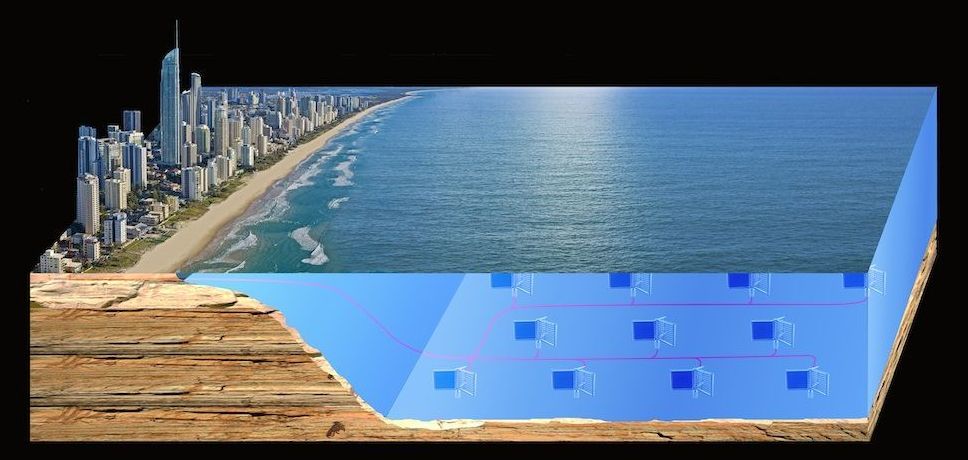Oct 17, 2020
First Ebola therapy approved by the FDA
Posted by Omuterema Akhahenda in category: biotech/medical
For the first time, an Ebola therapy has been approved for use. The Food and Drug Administration on Wednesday approved Inmazeb, an antibody cocktail made by Regeneron Pharmaceuticals.
With the approval, there are now both a vaccine — Merck’s Ervebo — and a therapeutic to battle Ebola Zaire, tools that for decades were out of reach for Ebola, which is one of the deadliest infections known to humankind. There is currently an outbreak in the Democratic Republic of the Congo, the third in the last three years in that country.
“This is the first time the FDA has approved a treatment specifically for Ebola, which has caused a number of deadly outbreaks,” said George Yancopoulos, Regeneron’s president and chief scientific officer, in a statement. “As we apply the same sophisticated technologies and manufacturing capabilities against COVID-19, we hope this will be one of many demonstrations of how the power of science can be successfully deployed against dangerous infectious diseases.”

















